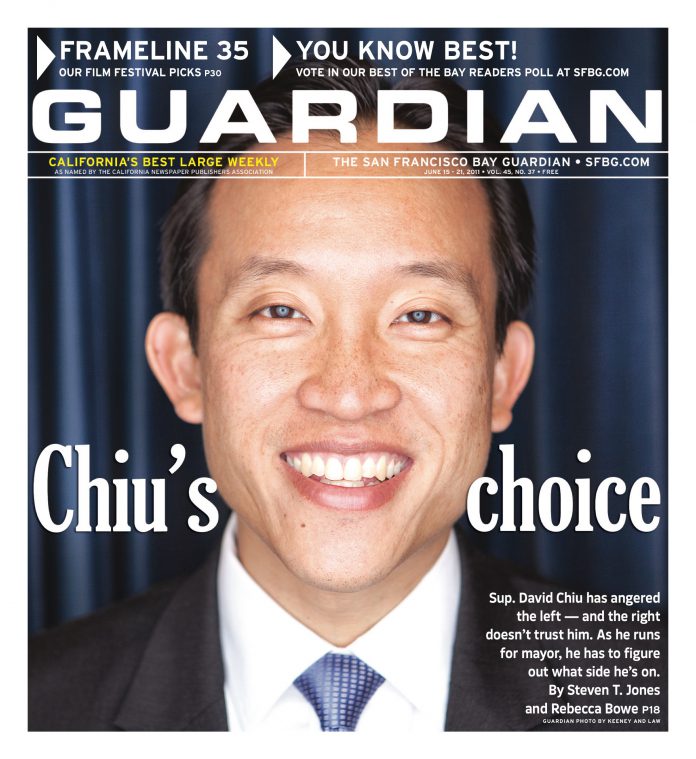tredmond@sfbg.com
I heard Phil Ginsburg, the head of the San Francisco Department of Recreation and Parks, on KQED’s Forum June 13, talking about the state of the public parks, and he got the usual angry calls. One person wanted to know why it costs so much to play on the city’s ball fields. Another wanted to know why the city is working with a private foundation to put artificial turf and big lights out at the end of Golden Gate Park. (I still don’t understand why the baseball field at Holly Park is always — always — locked and nobody seems to be allowed to play on it at all. Except the people who jump the fence. Not that my kids and I would know anything about that.)
Ginsburg did his best to duck and weave and answer — and portray this as a tough situation with a lack of public resources. But what he didn’t say is that the overall mission of the department has changed over the past few years. Dramatically. And it follows an alarming national trend that, ironically, started right here in San Francisco, with the Presidio National Park.
When the Sixth Army moved out of the Presidio and the land reverted to the National Park Service, Republicans in Congress threatened to sell it off. The NPS was short of money to develop and maintain the place, so Rep. Nancy Pelosi came up with a plan. She turned the park into a semiprivate enclave run by a board of real-estate developers with a mandate to become economically self-sufficient. Step one: give that notable Marin County pauper George Lucas a $50 million tax break to build a commercial office building in the middle of a national park.
It was a terrible precedent. Public parks aren’t supposed to be money-making enterprises. But it took hold — and now Ginsburg is following the same model.
Rec and Parks these days is all about commercialization. The recreation centers are leased to private operations. More and more park space is going to private food vendors. The Stowe Lake concession is set to become an upscale café (run by an out-of-town outfit). The City Fields Foundation, run by the sons of Gap Inc. founder Don Fisher, is taking over soccer fields. It costs money for tourists to visit the arboretum.
I know: there’s no cash, the city’s broke, and Ginsburg says this is the only way to keep the department running. But it’s really dangerous — because once you treat the public commons as a commodity, you’ve crossed a line. And it’s hard to go back.

